Grutas de Cacahuamilpa
One of the world’s largest cave systems houses legends, concerts, and wondrous rock formations alike.
Located under the Cerro de la Corona (Crown Hill), in the eponymous Grutas de Cacahuamilpa National Park, is a roughly two-kilometer-long karst cave. It’s known to indigenous peoples by many names, the best-known of which is “Salachi.” Archaeological excavations in the caves have found pieces of pre-Columbian pottery in their interior.
In 1834, the caves were said to have been “discovered” by Don Manuel Sáenz de la Peña, a shopkeeper who hid in them while being pursued by the Mexican authorities. It’s said that in the 19th century, an Englishman starved to death in these caves and his dog eventually found his body and curled up next to it. When both their bodies were found, they were buried inside by the locals.
Following their rediscovery, the caves became a tourist attraction. Careless visitors damaged the caves, especially the glittering walls, which lost their sheen due to the natural oils on the hands of those who touched them. Nowadays, visits to the caves are exclusively conducted with a guide. The tour usually includes tellings of the caves’ legends, and guides will point out the many dramatically lit stalactite, stalagmite, and column figures found within.
Some of the best-known of these figures include “The Madonna,” “The Fountain,” “The Organs” (which resemble organ pipe cactus but produce a rhythmic tone similar to organ music when struck with a rock), and, probably the most famous, one that looks like a glass bottle overflowing with foam. What drink is spilling from “The Bottle” will depend on your guide’s choice—some will say it is beer, champagne, or when talking to groups with children, Coca-Cola is the most common choice.
The nearby tourist town of Taxco hosts a yearly summer concert series called Jornadas Alarconianas, in memory of Taxco native writer Juan Ruiz de Alarcón. The Cacahuamilpa Caves will host at least one of these concerts per year, with symphonic orchestras being the most common performers.
Know Before You Go
The caves are open daily, except holidays, with the first tours departing at 9 a.m. and the last at 5 p.m. The caves can only be visited via organized two-hour walking tours (mostly easy walk, although slippery, wet steps can be expected) that depart from the visitor center. Cost for the tour and entrance is MXN $90 and most are in Spanish, although English-speaking guides can be booked in advance, usually at a higher cost.
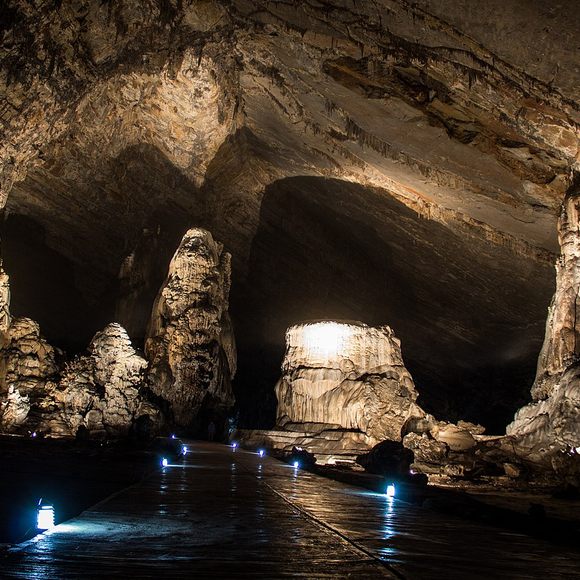

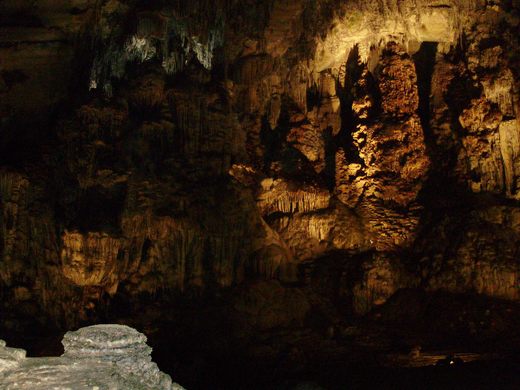
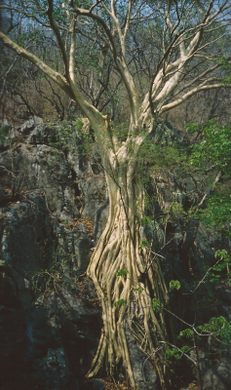
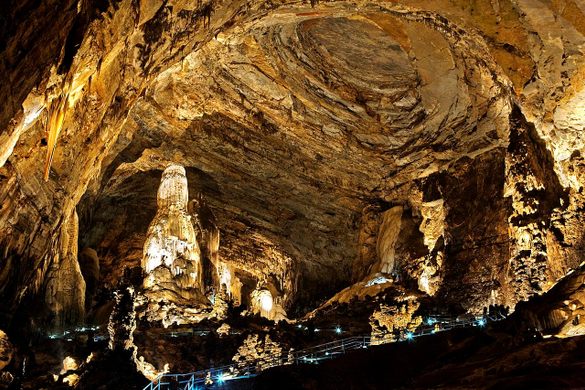








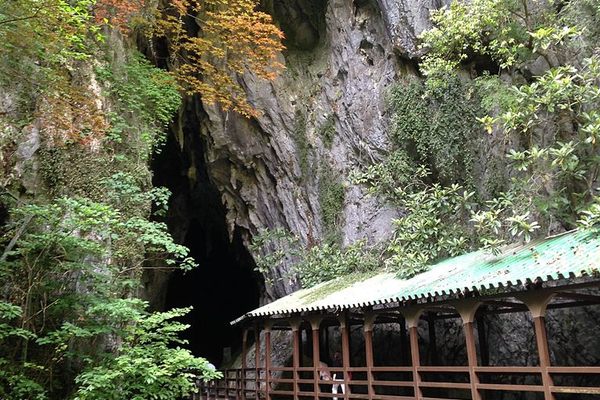

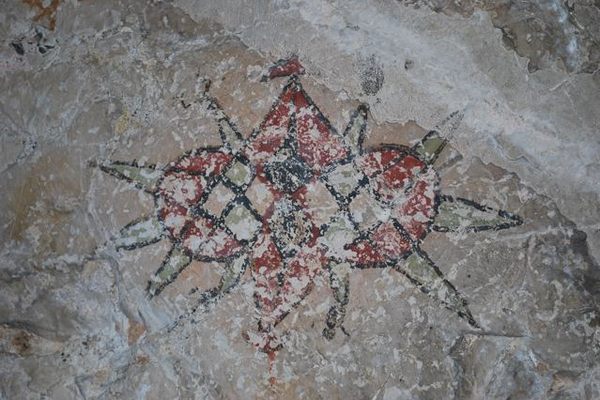

Follow us on Twitter to get the latest on the world's hidden wonders.
Like us on Facebook to get the latest on the world's hidden wonders.
Follow us on Twitter Like us on Facebook